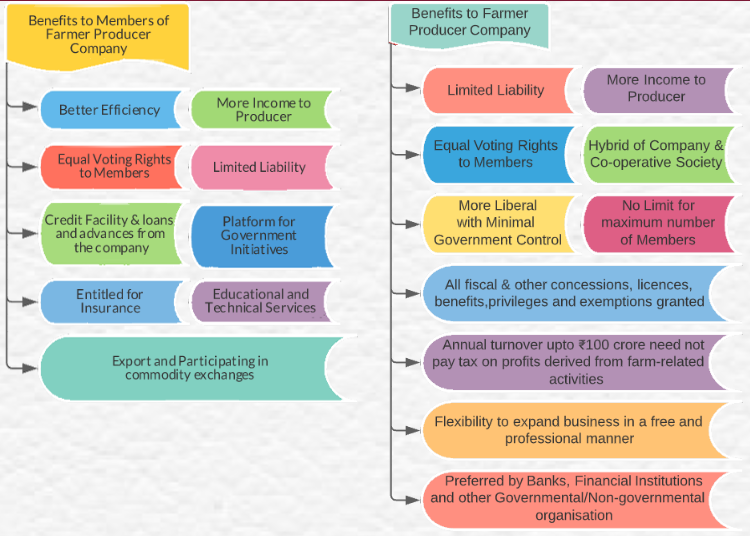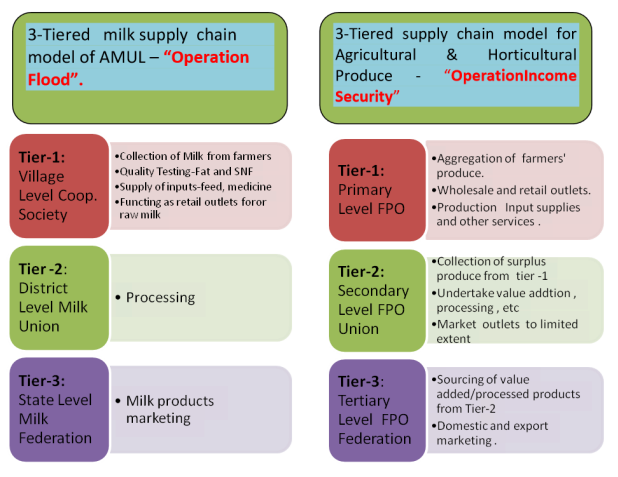7667766266
enquiry@shankarias.in
The Department of Agriculture & Farmers’ Welfare (DAFW) has published a draft of a National Policy for Farmer Producer Organizations or FPOs.
Y K Alagh committee suggested amending the Companies Act of 1956 to allow formation of farmer producer companies (FPCs), which combine the ideals of cooperatives with the more business-friendly regulatory framework of company law.

Currently, the country has over 7,000 functional FPOs, with many being established in recent years under the Central scheme to promote and form 10,000 FPOs.
To know more about Farmer Producer Organisation, Click here
Ministry of Agriculture and farmers Welfare is the central nodal department (CND) for all FPOs.
